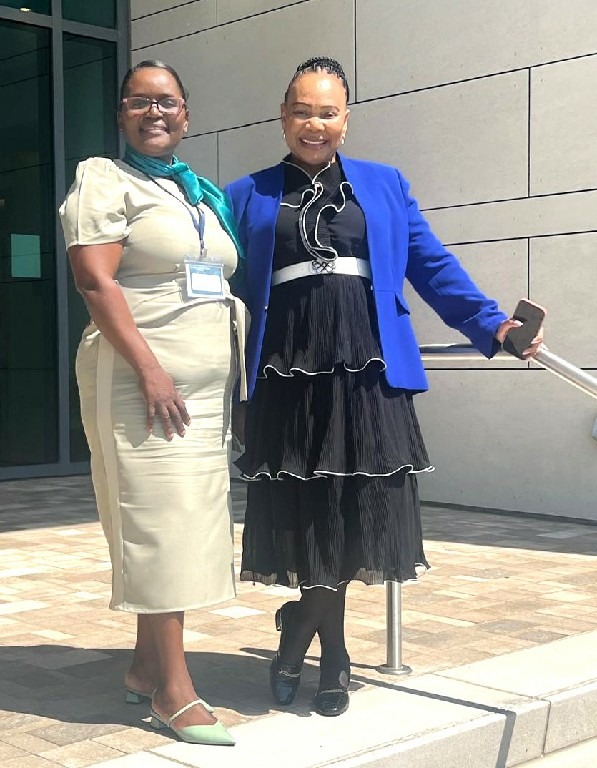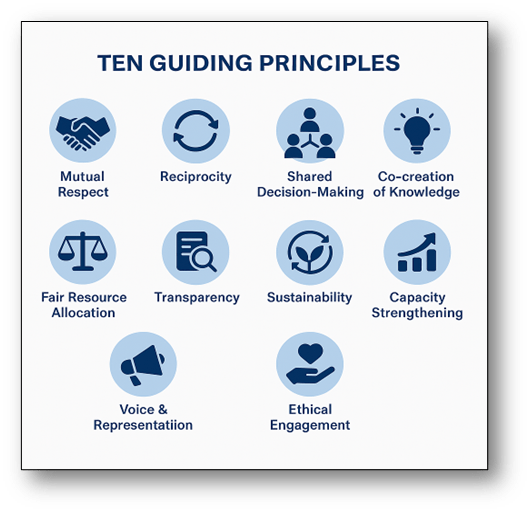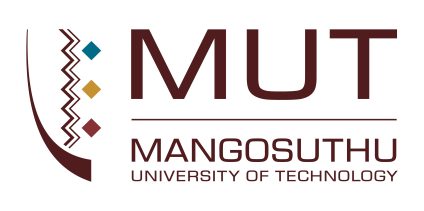
When two senior members of the Department of Marketing and Communications, Mbali Mkhize, Senior Director, and Zama Sishi, Director of Stakeholder Relations, stepped onto the podium at the EWFC Hungary 2025 Conference, they were not there to present new climate models or water purification technology. They were there with something just as critical: a story about people, partnerships, and purpose.
As leaders in Marketing and Communications (MarComms) at MUT, Mkhize and Sishi have long stood at the intersection of science and society. But in Hungary, their message was direct:
“When the research is done, when the data is in, the real work begins,” said Mkhize. “Our role is to ensure that these discoveries reach the world through sustainable, ethical, and impactful partnerships.”
Their presentation unpacked MUT’s evolving role in the EnergyWaterFoodClimate (EWFC) environment, not just as a site of academic research, but as a catalyst for international collaboration, science communication, and local impact.
At the heart of their case study was a remarkable partnership: a 25-year relationship between MUT and Florida A&M University (FAMU), USA. What began as a bilateral exchange has grown into a global force, producing powerful spinoffs like:
- EWFC Hungary 2025 itself, co-hosted by MUT and FAMU.
- The establishment of a Climate Change Centre of Excellence at MUT in 2022, in partnership with GIZ, a German company, and now co-funded by the South African National Energy Development Institute (SANEDI).
- And a wave of curriculum co-design, joint publications, and student exchanges grounded in African-led climate solutions in the early years of the partnership.
Sishi, Director, shared the foundational values that sustain such thriving partnerships. Sishi introduced the Ten Guiding Principles MUT uses to evaluate and sustain relationships—principles that go beyond formal agreements and into the heart of ethical engagement:
 Each of these principles, Sishi explained, has been tested and refined through MUT’s lived experience, especially in cross-cultural, transcontinental partnerships like the one with FAMU.
Each of these principles, Sishi explained, has been tested and refined through MUT’s lived experience, especially in cross-cultural, transcontinental partnerships like the one with FAMU.
“A true partnership,” said Mkhize, “requires humility, listening and rethinking power. It means letting go of ego and focusing on the work, not the institution.”
Mkhize described how branding, science communication, and stakeholder strategy at MUT have evolved, not just to tell stories about research, but to position the University as a trustworthy global partner, grounded in its community, history, and African innovation.
The summit in Miskolc, Hungary, was attended by engineers, climate scientists, and policy specialists. Many nodded in agreement, supporting what the two MUT staff members were saying. Because in the climate environment, data alone does not change the world. “People do,” said Sishi, closing her part. “And people need relationships rooted in respect and shared purpose.”
The Department of Marketing and Communications staff’s presentation is a call to action for universities, funders, and researchers to consider relationships as part of climate resilience. And as the applause filled the room, it was clear: the message had landed on fertile ground.
